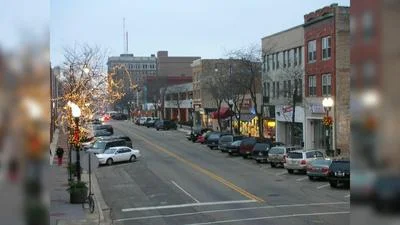Illinois lawmakers are not able to account for where existing gas tax revenues flow to, and cannot be trusted with the extra funds that will come from its doubling this month, according to one Peoria-based conservative activist.
The increase in the tax, from 19 to 38 cents per gallon, was part of a bundle of bills passed by the General Assembly in the dying days of the last session. Motorists saw the increase come into effect July 1. While Republicans did join with the Democratic majorities to pass many of the measures, including the gas tax, grassroots activists in Peoria are deeply skeptical about the the increase, the first since 1990 and one that leaves Illinois with one of the highest motor-fuel taxes in the nation.
"It is troubling, but the question is what did they do with the 19 cents," Gary McCullough, a conservative Republican who worked on the Jeanne Ives primary campaign against former Gov. Bruce Rauner, told the Peoria Standard. "I would have wanted more accountability for the 19 cents rather than excuses that they had to raise it to attain federal funding."

Illinois Gov. J.B. Pritzker
McCullough's latter point refers to potential federal funds for infrastructure projects that can move forward with money from the gas tax increase. He suggested that money from the gas tax has gone to local projects, including, he cites as an example, bicycle trails, in those areas with favored representatives. This will further deplete the pockets of working people, the activist added.
"We are one of the states that has approached and gone beyond the line of morality . . . taxing residents more than 50 percent if you add up all the taxes," McCullough said. "That's the government taking more than half of my earnings . . . up there with California, New Jersey and New York."
The gas tax will be tied to the Consumer Price Index (CPI), which means automatic inflation-tied increases every year. Democratic Gov. J.B. Pritzker has estimated it will bring in $590 million for fiscal year 2020, and more going forward.
It is envisioned that the revenue from the gas tax will be split between construction of state roads and bridges, 48 percent, 32 percent for local government projects, and 20 percent to municipal transit.



 Alerts Sign-up
Alerts Sign-up